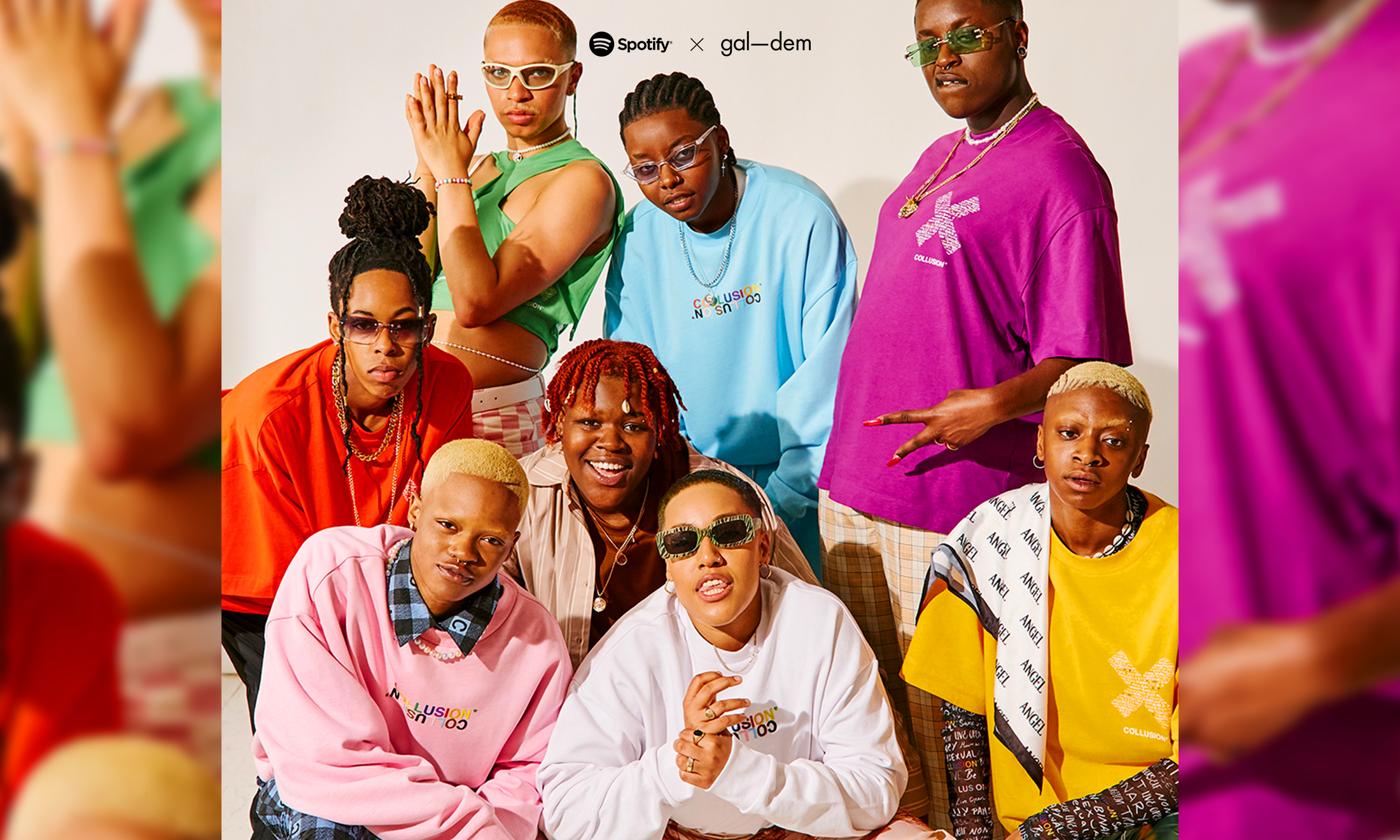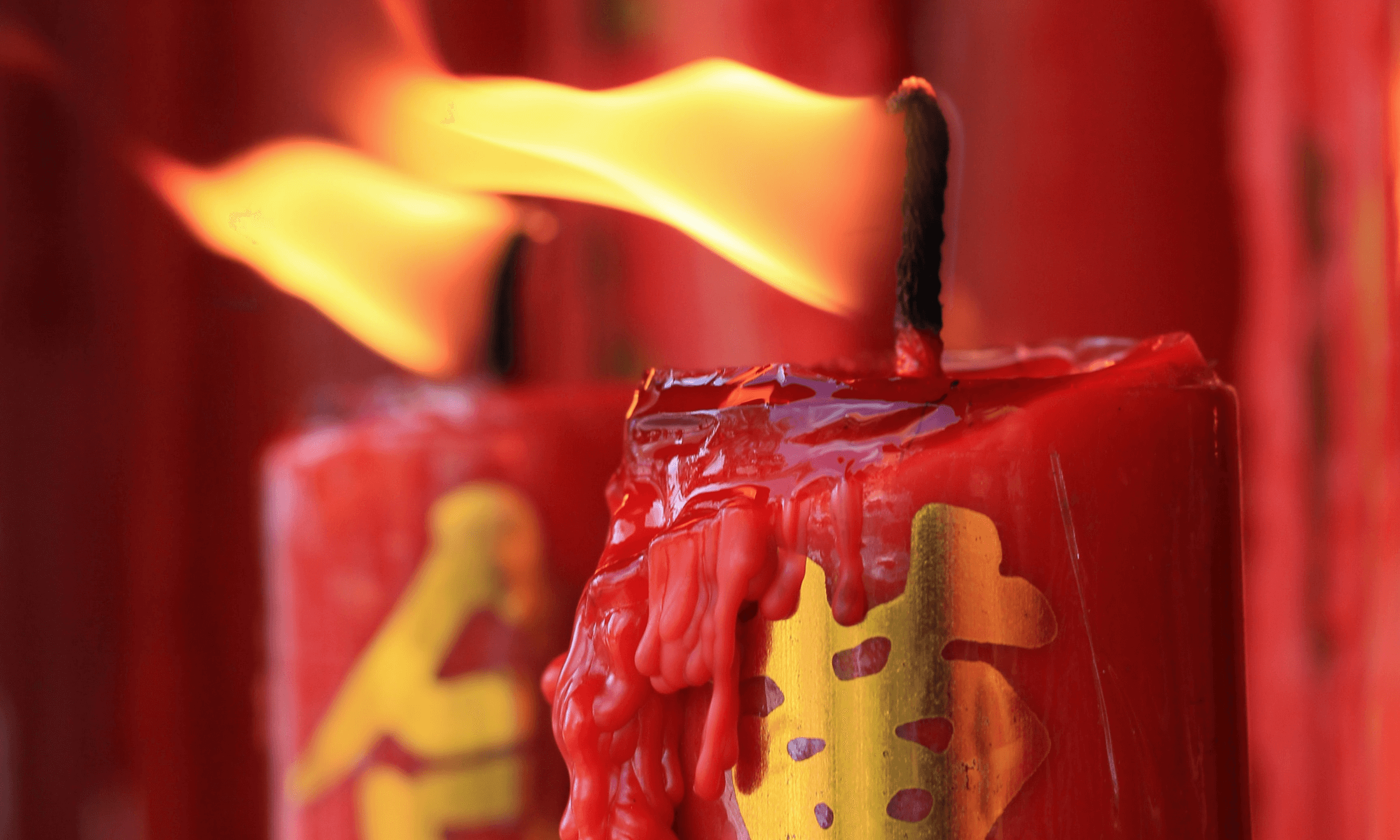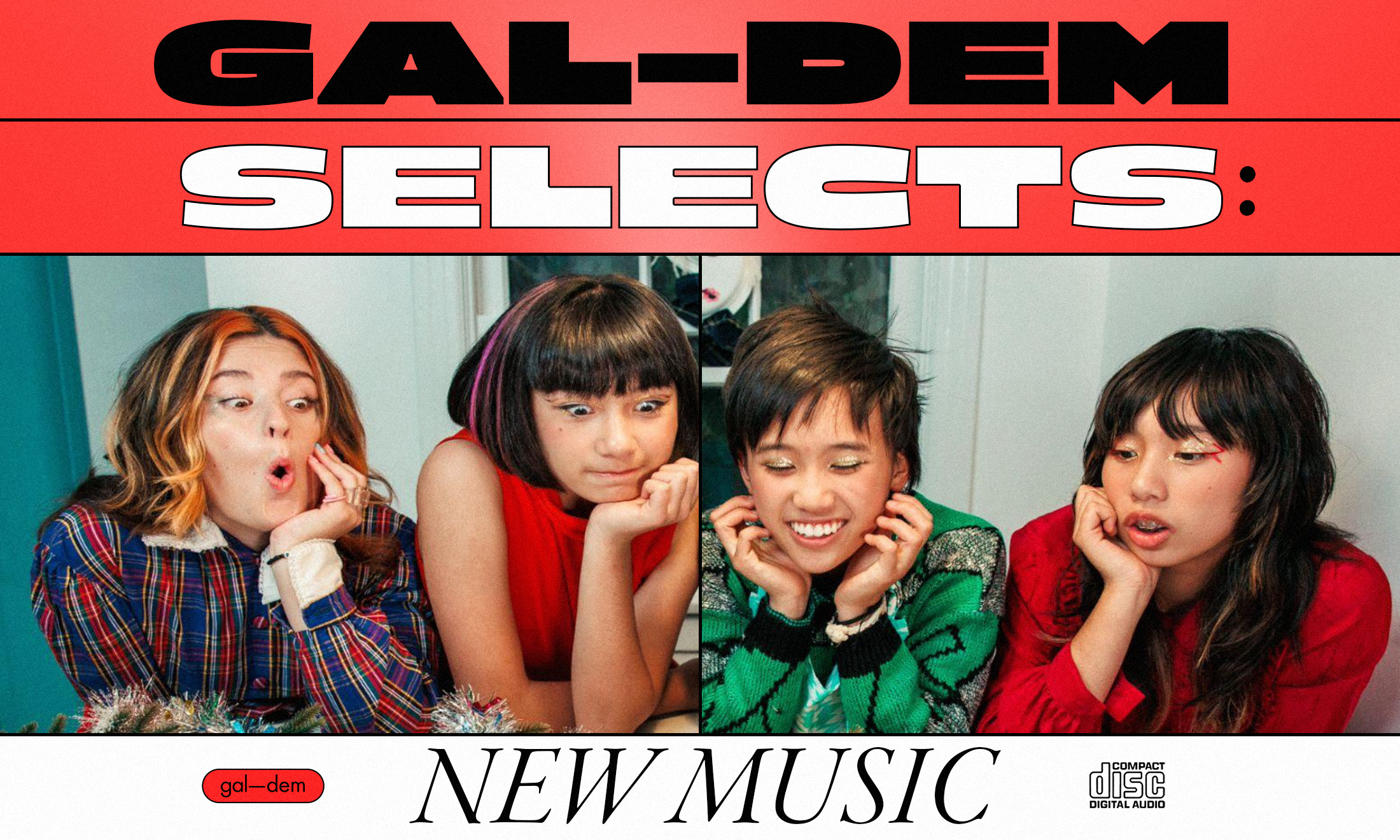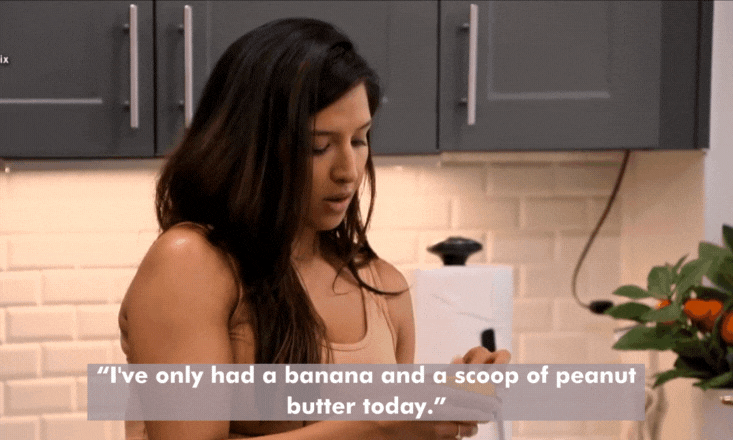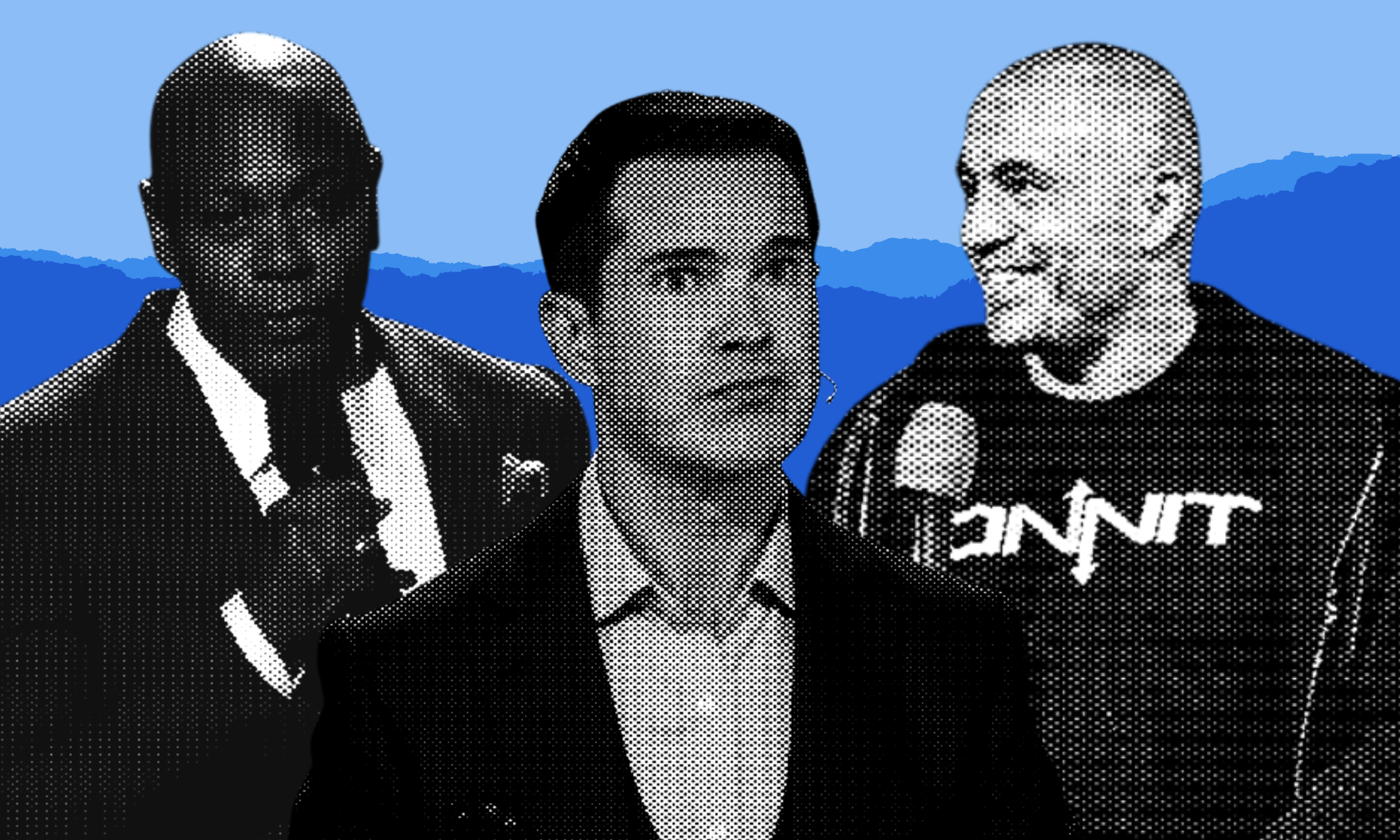
Flickr/YouTube
The Joe Rogan and Jimmy Carr furores expose an ugly truth: people like this shit
Holding big business to account will be fruitless unless we examine why they want to invest in hate in the first place.
Moya Lothian McLean
07 Feb 2022
Bad news from the UK: comedy is dying. So concluded comedian Jimmy Carr at his first live appearance following the tsunami of backlash he received after a particularly offensive ‘joke’ of his – ending with a punchline that deemed the Holocaust deaths of thousands of Roma and Sinti people a “positive” – leached out into the mainstream. Condemnation came from all corners, shocking even the likes of culture war-enthusiast Nadine Dorries into denouncing it, telling the BBC that criticism of Carr’s “abhorrent” comment had nothing to do with ‘wokeishness’, it was “just appalling”.
In the wake of the controversy, Netflix found itself under fire, with Labour MP Nadia Whittome penning a letter to platform bosses to remove Carr’s special, supported by calls from peers like Zarah Sultana. The calls echo a parallel campaign currently dogging fellow streaming service Spotify that has seen their top podcaster, Joe Rogan, become an albatross around their neck. A row that began with musician Neil Young pulling his music from Spotify in protest over vaccine misinformation aired on Rogan’s podcast, The Joe Rogan Experience, has snowballed into a wider fight over ‘censorship’, ethics and who is responsible for content moderation on streaming platforms.
“When asking ‘why?’, the answer is obvious: because they are popular”
Spotify executives initially stood by Rogan, even when Young’s stand was joined by the likes of Joni Mitchell and India Arie. But this weekend saw a mild backtrack from top bosses, after clips of Rogan using racist and transphobic language spread across social media.
On Sunday, Spotify CEO Daniel Ek apologised to Spotify staff for “incredibly hurtful” comments made by Rogan, including one video that made the rounds featuring the comedian using the ‘N-word’ multiple times. Over 110 episodes of The Joe Rogan Experience – which often see him welcome guests with far-right views, such as conspiracy theorist Alex Jones – have been removed from Spotify to date, in the wake of this latest crisis (a ‘few’ of the most controversial had already been omitted as a condition of Rogan’s $100m exclusive streaming deal with the platform, agreed in 2020).
Neither of these incidents can be considered in isolation. It is certainly not the first time Netflix has found itself the subject of intense criticism for platforming hateful speech, particularly under the guise of ‘comedy’. Dave Chappelle’s October 2021 special caused such distress, thanks to transphobic content, that trans employees at the company staged a walkout, with many eventually leaving Netflix all together.
Spotify too has been in similar situations before – in 2018 the service introduced, then quickly rolled back, a ‘Hate Conduct’ policy that saw artists like R.Kelly and XXXTentacion removed from promoted playlists.
However, a slither of the initiative remains; Spotify promised to remove content where the “principal purpose is to incite hatred or violence against people because of their race, religion, disability, gender identity, or sexual orientation […] We’re not talking about offensive, explicit, or vulgar content – we’re talking about hate speech”.
‘Hate speech’ appears to be in the eye of the beholder though; despite the mass removals of other Joe Rogan Experience episodes, at the time of writing, shows with extremely transphobic content are still available to stream on Spotify. Despite Netflix’s similar hateful content policy, Chappelle and Carr’s comedy specials also remain on the platform.
When asking ‘why?’, the answer is obvious: because they are popular. Because they make money. Because people are watching, listening and enjoying these shows.
Herein lies the ugly, central problem: hateful content has an audience, a large one, and that audience currently seems to hold more sway than those of us who would prefer not to laugh at the attempted extermination of an entire ethnic minority.
“Terribly Funny existed and successfully toured in full for two years before Netflix decided that yes, in fact they would like to stream the majority of this nearly hour-long dive into the offensive”
The Jimmy Carr special isn’t even new; Carr toured much of the same material in 2019 under the title of Terribly Funny. At the time The Guardian called it a “relentless wallow in grubbiness” with the reviewer specifically mentioning the ‘joke’ about Roma extermination – alongside other tasteful gags concerning “dwarves, fat women and FGM” – before admitting that the audience does, in fact, laugh. The forthcoming outrage was predicted by Carr at the time – even welcomed. In his Netflix special he introduces the Roma section with the warning that it “could be a career-ender” – a theme he was happily chatting about on daytime television in 2019.
In fact, that’s how the entire show is billed. An official blurb for His Dark Material, uploaded to entertainment database IMDb, describes Carr as “find[ing] humour in the darkest of places in this stand-up comedy special. This special features Jimmy’s trademark dry, sardonic wit and includes some jokes which Jimmy calls ‘career enders’.”
Terribly Funny existed and successfully toured in full for two years before Netflix decided that yes, in fact they would like to stream the majority of this nearly hour-long dive into the offensive. Ditto it took six weeks between the special first being aired on the platform before any clips managed to make their way to audiences who aren’t acclimatised to what passes for ‘humour’ in Jimmy Carr’s world. Upon release, there were positive reviews for the show from the likes of Decider, who advised audiences to “stream it […] when you need to get the room talking and thinking about anything else”.
Carr’s been profiting from punching down for years – this isn’t even the first horrendous joke about Gypsies he’s been in hot water for. And yet at the end of 2021, he topped a YouGov poll of the UK’s most famous comedians. Not only does his horrible schtick work, it makes him, and the broadcasters that work with him, a lot of money. The same is true of Dave Chappelle. And Joe Rogan.
“How have bigoted views claimed so much of the centre ‘neutral’ ground in the entertainment space?”
Rogan is Spotify’s top podcaster. Spotify didn’t make Joe Rogan either; he created himself. There is a reason the company paid $100m for his show – in September 2020, when The Joe Rogan Experience first became exclusive to the platform, it reportedly accounted for nearly 5% of total podcast listeners. Rogan attracts an estimated 11 million listeners per episode.
Before the podcast arrived on Spotify, before he was even reined in slightly by the terms of his deal and the removal of episodes with the likes of the Proud Boys founder, Rogan claimed the show had 190 million downloads a month. There’s no getting away from these facts: there are people out there, lots of them who like what he is doing.
Should platforms like Netflix and Spotify take responsibility for hateful content they publish and invest in? Obviously, yes. Will they? Only if it becomes a threat to their profits to not do so.
But to focus solely on that aspect, or to enter a draining debate about what counts as ‘comedy’, is to overlook more worrying questions like: who is engaging positively with this hateful content? How have bigoted views claimed so much of the centre ‘neutral’ ground in the entertainment space, at a time when supposed ‘awareness’ of inclusivity and y’know, just not being a massive racist, is at an all-time high? Where do we go from here, when every effort to combat the damage inflicted by the normalisation of such content as “creative freedom” is further sucked into black hole of the culture war?
It is not that there aren’t brilliant and successful pieces of entertainment out there that do platform marginalised stories, or challenge hateful narratives. They exist and often garner critical acclaim. But they are simply not attracting the mainstream support of the ‘silent majority’ that the Joe Rogans and the Jimmy Carrs of this world appear to be. The truth is, their echo chambers are much bigger than ours.
Only when something like an offensive viral clip pierces the digital bubbles we live in now, do we get a glimpse of this harsh reality. Hate is still popular. More popular than Neil Young and Joni Mitchell and India Arie and thousands of distressed complaints from ordinary people put together.
This is the part where you’re supposed to pose a solution. I don’t have one. I’m not sure what comes next, how we tackle what feels like an increasing atomisation of people into small, mostly digital, pockets that rarely overlap or interact, and when they do, it is so combative that there is only aggression and distrust there. I firmly believe that the rise of the likes of Joe Rogan and the continued popularity of Jimmy Carr-types is part of a wider struggle with the successful reinvention of right-wing ideology as ‘counter-culture’, despite also being unquestionably hegemonic.
“But there must be a further interrogation of what has made such content so popular that it is too big to fail in the first place”
I have ideas about how to tackle this sort of insidious form of radicalisation, but I think they would be unpopular. They involve unpleasant and unpalatable acts, like having to enter into those worlds to understand thine enemy and also no longer thinking of the people who consume such content as ‘thine enemy’ in the first place.
Ultimately, they would necessitate engaging with people who probably hold hateful and harmful views on some level. And, understandably, very few people want to do that. So for now, I will simply say that yes, Spotify and Netflix should be held to account for the content they continue to platform and profit from. But there must be a further interrogation of what has made such content so popular that it is too big to fail in the first place. Only by really examining the audiences having the last laugh will we be able to change who ends up the punchline.






